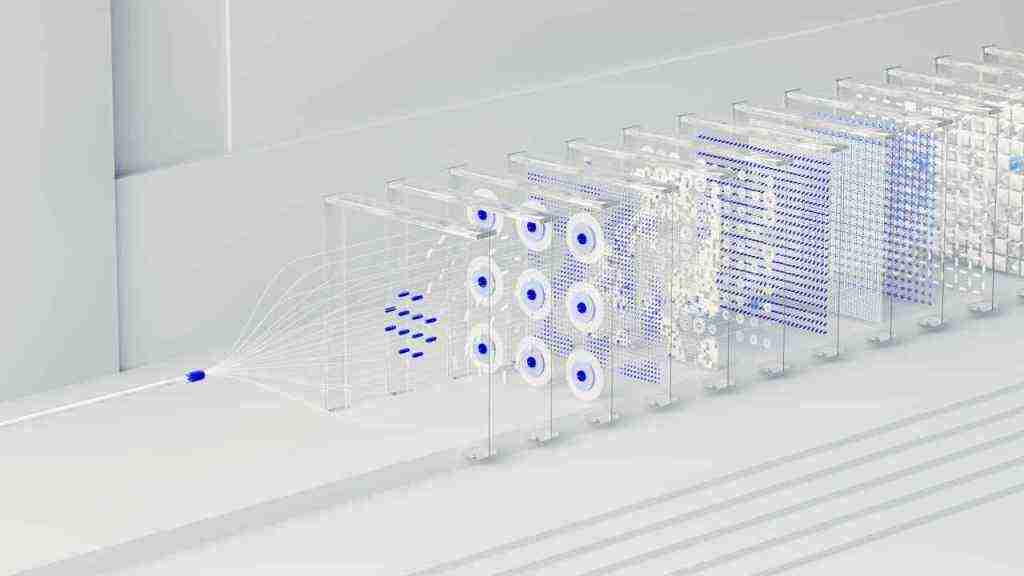Deep Learning: Revolutionizing the Tech Landscape
Prepare to be amazed as we dive into the realm of deep learning, a groundbreaking technology that’s transforming industries left and right. Deep learning, a subset of machine learning, has taken the world by storm, thanks to its unparalleled ability to process complex data and make accurate predictions.
Unlike its predecessors, deep learning models are not explicitly programmed. Instead, they learn from vast amounts of data, adapting and improving over time. This self-learning capability sets deep learning apart and makes it a game-changer in various fields.
To fully grasp deep learning’s significance, let’s first explore the foundations of machine learning. Machine learning algorithms, the backbone of deep learning, empower computers to learn from data without explicit instructions. These algorithms analyze patterns and make predictions, a skill that has revolutionized industries ranging from healthcare to finance.
Deep learning takes machine learning to the next level by employing artificial neural networks, structures inspired by the human brain. These networks consist of layers of interconnected neurons that process data, extracting increasingly complex features. This hierarchical approach allows deep learning models to handle a wide range of data types, including images, text, and audio.
Types of Neural Networks
Deep learning encompasses various types of neural networks, each tailored to specific tasks:
- Feed-forward Neural Network: Data flows unidirectionally through layers of neurons, from input to output.
- Convolutional Neural Network (CNN): Designed for image recognition, CNNs identify unique features in images.
- Recurrent Neural Network (RNN): Ideal for predicting sequences, RNNs loop data back to previous layers for analysis.
The Future of Deep Learning
Deep learning continues to evolve rapidly, with new applications and advancements emerging constantly. As the technology becomes more sophisticated, we can expect to see even more transformative applications in various industries, including healthcare, finance, and transportation.
Conclusion
Deep learning has revolutionized the field of machine learning, providing computers with advanced capabilities that mimic human intelligence. Through its ability to process large amounts of data and identify complex patterns, deep learning has the potential to solve some of the world’s most challenging problems and create new opportunities for innovation. As the technology continues to mature, we can expect to see even more groundbreaking applications in the years to come.
